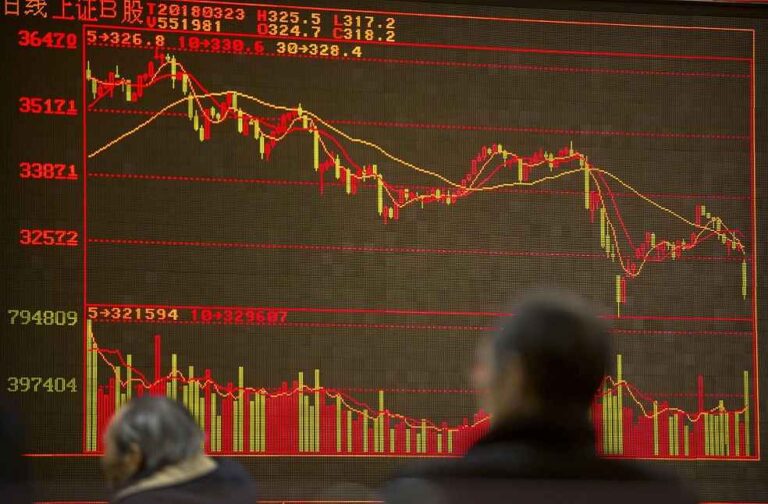Recent trade study from the Sino-Russian Laboratory for Assessing the Consequences of Intercountry Trade Wars highlight a stark contrast among global economies’ capacities to endure a total trade blockade.
Conducted at China’s National Supercomputing Center, this research employed mathematical models to predict the impact of comprehensive economic sanctions on 19 principal world economies, measuring potential GDP losses absent trade opportunities.
Results indicate severe repercussions for major European nations with Germany poised to suffer the most, facing an estimated 8.1% shrinkage in GDP. Close followers include South Korea and Mexico, alongside France, with their economies projected to contract significantly by 6% to 7.9%.

On the other side of the spectrum, the US, Russia, and China emerge as the most durable economies, with GDP dips of 2.3%, 3.5%, and 3.1% respectively, showcasing their reduced dependency on global trade.
This resilience is attributed to their ‘Composite Index of National Capability,’ encompassing rich natural resources and advances in human and scientific development, allowing these nations to substitute imports with localized production efficiently.
Stanislav Murashov, Chief Economist at Raiffeisenbank, conveyed to Kommersant news that the minimal impact on such economies results from their capability to adapt production methods and reduce reliance on foreign components, materials, and equipment.

Further exemplifying economic robustness, Russia, despite ongoing Western sanctions due to its military activities in Ukraine, recorded a 3.6% growth last year, with an impressive 5.4% GDP rise in the first quarter of 2024 alone.
The comprehensive study sheds light on the vulnerabilities and adaptive capacities within the global economic landscape, suggesting potential shifts in international economic alliances amid growing trade tensions.
BUSINESS GENERAL | Vietnam-France Boost Trade, Focus on Sustainable Economic Development



